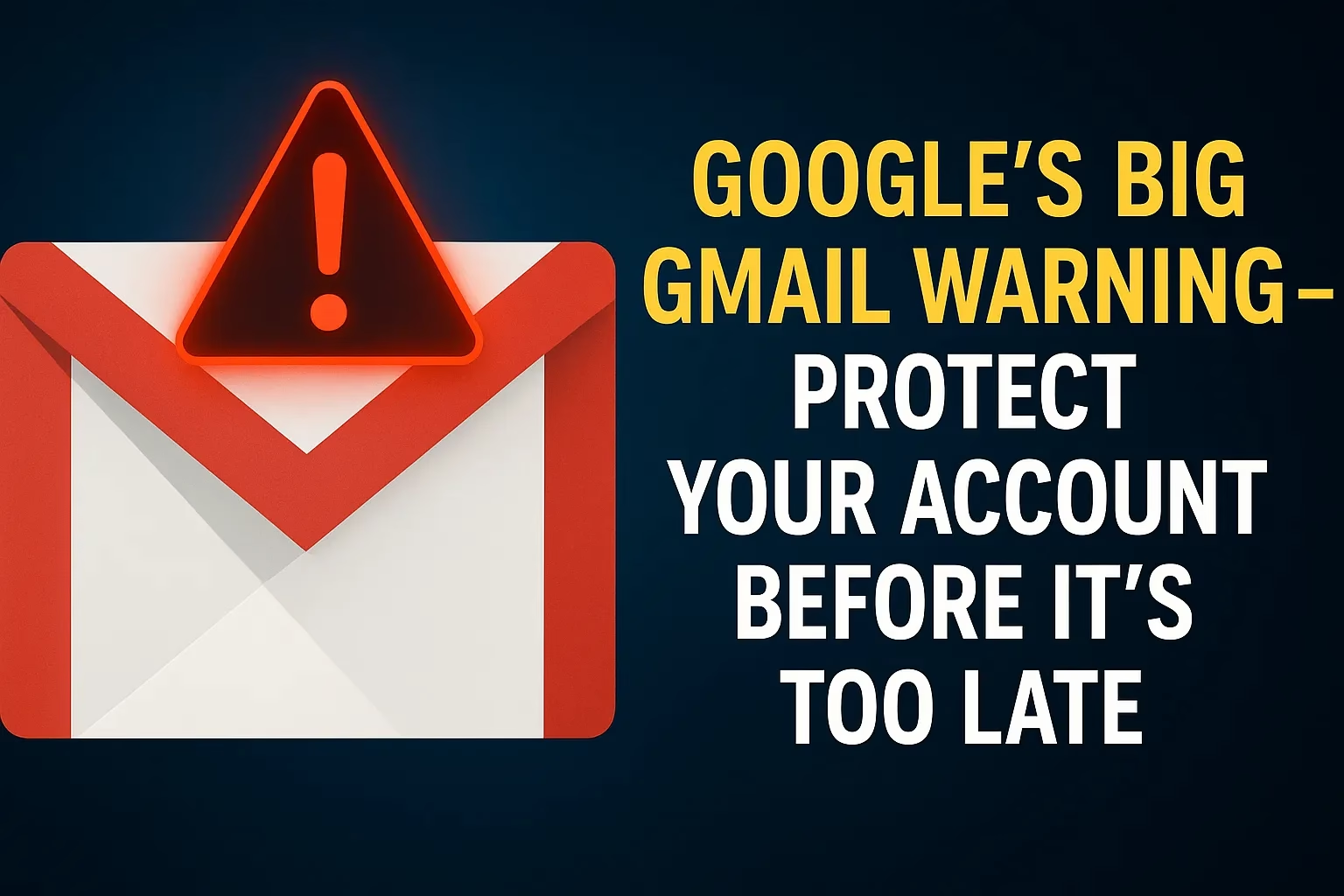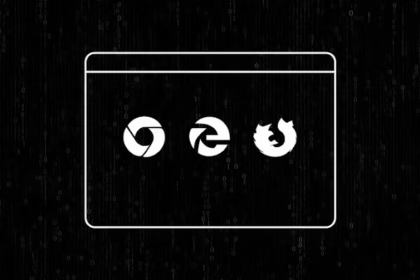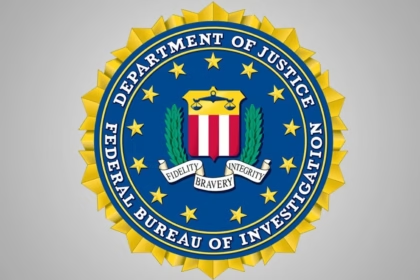Google has issued a critical warning to over two billion Gmail users to immediately update their passwords amid a surge in cybersecurity threats and massive data breaches exposing billions of login credentials. These warnings reflect the growing risk of account takeovers, identity theft, and phishing attacks targeting users worldwide.
Contents
Key Points About Google’s Gmail Password Warning
- Why the Warning?
Google and cybersecurity experts have identified widespread exposure of passwords and credentials from recent massive data breaches, including a record-breaking leak of 16 billion passwords collected by infostealer malware from various platforms, including Google accounts. This puts many users’ accounts at high risk. - What Google Recommends:
- Stop relying solely on passwords; use passkeys or “Sign in with Google” for more secure, phishing-resistant authentication.
- Switch to strong, unique passwords for each account—avoid reused or easily guessable passwords.
- Enable non-SMS two-factor authentication (2FA) methods such as authenticator apps or physical security keys.
- Avoid using linked or popup sign-in windows that could be exploited by attackers.
- Use Google’s Password Checkup tool to identify and fix unsafe passwords tied to your Google Account.
- Recent Data Breaches:
In 2025, multiple data leaks exposed tens of billions of credentials across platforms like Google, Facebook, Apple, and others. The leaked credentials include usernames and passwords, many of which are recent and actively exploited by cybercriminals. Such breaches dramatically increase risks of credential stuffing, fraud, and extortion. - Risks of Weak Passwords:
Poor password hygiene remains a major vulnerability despite ongoing warnings. Common weak passwords such as “123456,” “password,” and reused corporate passwords facilitate attacks. Attackers use advanced machine learning to predict and crack weak passwords quickly. - Benefits of Passkeys:
Passkeys provide a modern, more secure authentication method that ties login to a physical device using biometrics or PIN. They are resistant to phishing and reduce the risks tied to password theft or reuse.
Summary Table: Google Gmail Password Warning and Security Advice
| Topic | Information & Recommendations |
|---|---|
| Users Affected | Over 2 billion Gmail users |
| Reason for Warning | Large-scale breaches exposing 16+ billion credentials |
| Main Threats | Phishing, credential stuffing, hijacking, identity theft |
| Google’s Security Advice | Use passkeys, strong unique passwords, enable 2FA (non-SMS) |
| Tools Provided | Google Password Checkup (web, Chrome, Android) |
| Password Risks Highlighted | Password reuse, weak passwords, phishing vulnerabilities |
| Additional Tips | Avoid linked/popups sign-in; update anti-virus software |
What You Should Do Now
- Immediately review your Google Account passwords using Google’s free Password Checkup tool available on passwords.google.com or via Chrome and Android settings. Change any unsafe or reused passwords.
- Enable two-factor authentication with an authenticator app or hardware security key. Avoid SMS-based 2FA if possible due to vulnerabilities.
- Consider switching to passkeys for improved security and convenience.
- Be cautious of phishing attempts, suspicious links, and unsolicited security-related calls or emails impersonating Google.
- Use unique, complex passwords for every online service, and consider using a trusted password manager.
Official Resources
For detailed guidance, users can visit Google’s official help pages:
https://support.google.com/accounts/answer/9457609?hl=en (Change unsafe passwords)
https://cloud.google.com/blog/topics/threat-intelligence/voice-phishing-data-extortion?rev=7194ef805fa2d04b0f7e8c9521f97343 (Google’s threat intelligence blog)





















